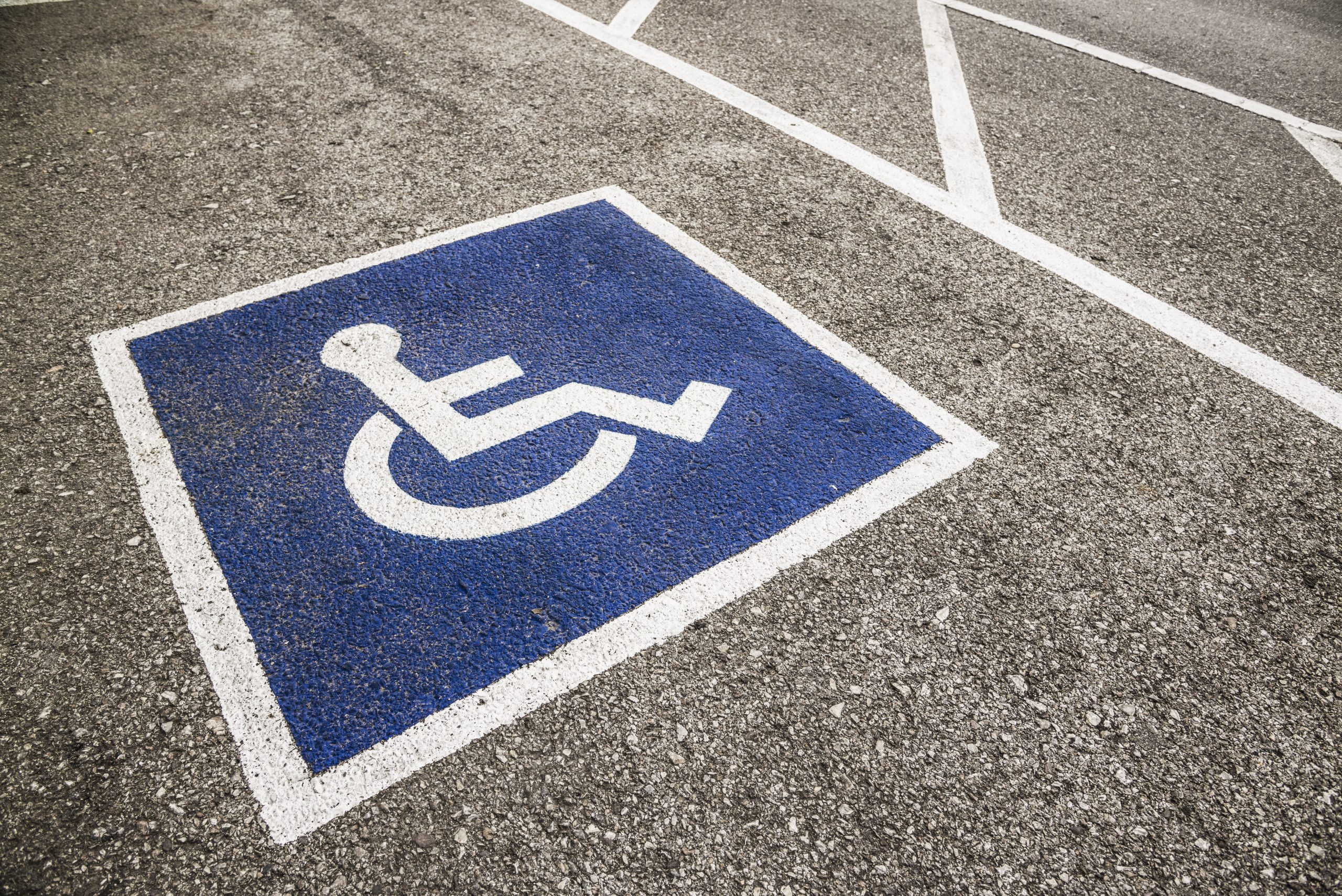
A Four-Step Guide to Handicap Parking Permits
For any new or seasoned driver, the presence of handicap parking spaces is not something new. You may already be well aware that if you do not have a permit to park in those designated spaces, you can be subjected to fines and citations for parking illegally. All in all, these are designated spaces that allow those with disabilities to have a more seamless, comfortable, and safe vehicular entrance and exit. With that being said, if you are someone who is seeking a handicap parking permit for the first time, then below is a step-by-step guide to get you on the right track.
Obtaining a Handicap Parking Permit
1. Determine If You are Eligible
First and foremost, you will want to make sure that you are eligible for getting a handicap parking permit. Keep in mind that you do not have to be in a wheelchair or crutches to gain a permit. For quick reference, those who would qualify include:
- People with the inability to walk without a crutch, prosthetic device, brace, cane, or wheelchair
- Those with severe cardiac and/or lung disease
- Disability caused by arthritis
- People with back injuries or those with chronic pain
- Patients who are undergoing cancer treatments
- Anyone facing other debilitating neurological or mobility impairment
2. Understand the Types
If you identify with any of the challenges listed above, then there is a good chance you will be able to get a handicap parking permit. But, before that, understand that there are actually two types of permits you can get: temporary (red card) and permanent (dark blue card). Depending on your situation, you will want to discuss with your doctor what makes the most sense for your particular case, as their write up and coinciding medical documentation will be needed to proceed to the application process.
Tip: A temporary handicap parking permit typically lasts for six months and may be renewed if necessary; the permanent one generally needs to be renewed every four years.
3. Follow the Application Process in Your State
Next is the application and documentation portion of getting a handicap parking permit. Though every state features its own regulations, which you can look up here, each tends to require a physician certificate and an application form filled out either online, at home to be mailed in, or in person at the local DMV. In fact, there is a good chance your doctor may even have the forms handy for you to take home upon request. Once you finalize your application and submit, be prepared to wait a bit, as finalization can take anywhere from 30-90 days.
Tip: Not all states accept online applications. Some locations, like Texas, require all original documentation to be submitted in person.
4. Understand the Rules of Owning a Handicap Parking Permit
Regardless if you are playing the waiting game or just got your handicap parking permit, make sure that you are knowledgeable of the rules that come with owning it. For instance, never park in a handicap parking space without your permit visible, never allow another person to use your permit for their own benefit (this can result in fines for handicap fraud), and check with different states’ handicap parking laws if traveling. For example, if you are traveling to California, you will need to apply for a 90-day travel placard from the California DMV. Lastly, if you have a handicap license plate, it is illegal to swap it with a different vehicle without following the proper procedures because that handicap plate is attached to your vehicle’s registration.
Guide Wrap Up
No matter what state or country you live in, parking spaces are exceptionally important. Since vehicles are generally the main form of transportation, cities and towns must accommodate the population with enough parking spaces to meet the needs of the drivers, and that includes handicap parking. Overall, whether you need a temporary or permanent handicap parking permit, use this guide as a foundation to get the process started. Once you understand the basics and what is expected from you, proceed with obtaining the mandated documentation in accordance with your state’s regulations. If you still happen to have questions or concerns, then don’t hesitate to reach out to your local DMV; they will be able to assist you further on your particular parking needs.
